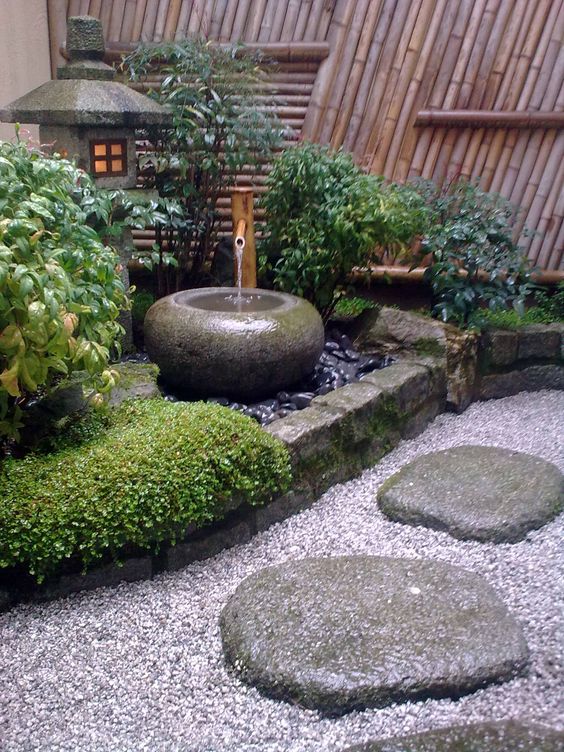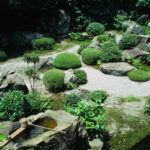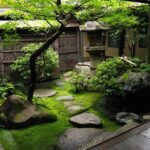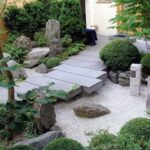Japanese gardens are renowned for their serene and tranquil ambiance, inviting visitors to step into a peaceful oasis away from the hustle and bustle of everyday life. With a focus on harmony, simplicity, and the beauty of nature, these gardens offer a unique blend of art and nature that has captivated people around the world for centuries.
The key principles of Japanese garden design stem from the ancient Japanese philosophy of Zen Buddhism, which values simplicity, balance, and harmony in all aspects of life. This philosophy is reflected in the design of Japanese gardens, which seek to create a peaceful and harmonious environment that encourages contemplation and meditation.
One of the most distinguishing features of Japanese garden design is the use of natural elements such as rocks, water, and plants to create a serene and harmonious landscape. Rocks are often used to symbolize mountains, while water is used to represent flowing rivers or lakes. Plants such as bonsai trees, bamboo, and cherry blossoms are meticulously arranged to create a sense of balance and beauty in the garden.
Another key element of Japanese garden design is the concept of “borrowed scenery” or “shakkei,” which involves incorporating the surrounding landscape into the design of the garden. By strategically placing elements such as trees, rocks, and water features to frame and enhance views of the surrounding mountains or forests, Japanese garden designers create a sense of harmony and unity between the garden and its natural surroundings.
In addition to natural elements, Japanese garden design also incorporates traditional architectural features such as wooden bridges, stone lanterns, and tea houses to add a sense of authenticity and historical significance to the garden. These structures are often designed with simple and elegant lines, reflecting the minimalist aesthetic of Zen Buddhism.
Visitors to Japanese gardens are invited to immerse themselves in the tranquility and beauty of the natural world, allowing them to experience a sense of peace and serenity that is often lacking in our fast-paced modern lives. Whether strolling along a winding path lined with cherry blossoms, meditating by a tranquil pond, or simply sitting quietly on a wooden bench, Japanese gardens offer a sanctuary for the mind, body, and spirit.
Overall, Japanese garden design is a testament to the enduring beauty and timeless appeal of nature. By blending the principles of Zen Buddhism with a deep appreciation for the natural world, Japanese garden designers have created spaces that inspire and uplift the soul, inviting us to connect with the beauty of the world around us and find peace and harmony in our own lives.




















